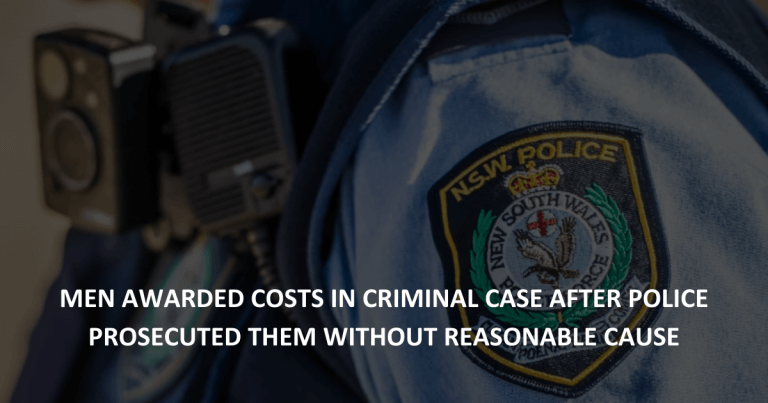
Advocates for a First Nations man with cognitive disability detained for 14 years say they will renew his case for justice in the United Nations.
Winmartie’s* two guardians both gave evidence to the Disability Royal Commission examining the interactions of people with a cognitive disability and the criminal justice system.
Winmartie has been in detention in various facilities since 2007 after his conviction of “manslaughter by reason of diminished responsibility”.
In 2014, a report found that he had experienced the “most severe treatment” at the Alice Springs Correctional Centre.
A push to move Winmartie to supported accommodation
Both guardians told the Royal Commission that they want to see the 30-year-old, who lives with epilepsy and cognitive disability, moved to a support accommodation in the edge of Alice Springs. This way, he will be able to have visits from family and can be visited on country.
One of his guardians, Patrick McGee, told the commission that he has devoted his life to Winmartie.
“[We want him to live] where he can actually live his life in a way that is culturally safe for him and that makes him feel happy and confident and gives him dignity,” he said.
The only person under care at Alice Springs
Winmartie is the only person under care in the Forensic Disability Unit at Alice Springs. According to his guardians, he remains “over-medicated and isolated”.
Speaking in Pitjantjatjara at the Royal Commission this week, Winmartie’s other guardian, Aunty Margret, said via an interpreter that authorities gave Winmartie “shut up medicine” which left him “always sleepy and drowsy.”
“I want him out of that place where he is, to get his own house with two carers,” she said.
In 2014, the Australian Human Rights Commission released a report that described Winmartie as receiving the “most severe treatment” at the Alice Springs Correctional Centre.
Mr McGee first met Winmartie in 2000 after his identification as a “vulnerable child”. He told the Royal Commission that whilst in jail, Winmartie would often “bang his head against the wall in frustration for long periods of time.”
“Guards would go into the cell, they would pin him down to intervene in the headbanging behaviour,” he told the commission.
“Then they would take him to a restraint chair [and] there they would inject him with a tranquilliser.”
No longer a therapeutic benefit
Mr McGee said almost three years after Winmartie had moved to the FDU, a clinical psychologist had found he no longer received any “therapeutic benefit”.
He told the Royal Commission that Winmartie was currently in the Alice Springs Hospital due to an increase in seizures and behaviours of concern.
“I think that Winmartie is someone who is heavily chemically restrained to no benefit and it’s doing him harm.”
*name changed for legal reasons.
If you need representation at a Royal Commission or other Commission of Inquiry, O’Brien Civil and Criminal Solicitors are specialists in this area, so please contact us.






